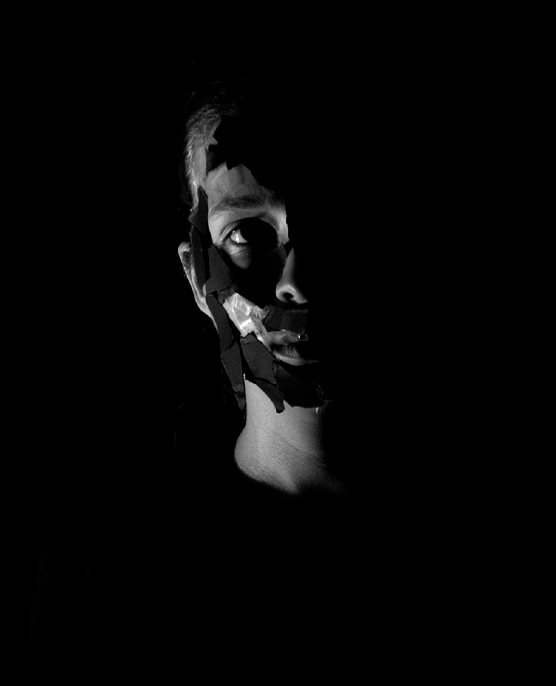By Kaitlin Bo Long

The Lamentation is a renowned fresco painted by Italian artist Giotto in 1306. The piece depicts the Virgin Mary—mourning and devastated—holding Jesus, who has just come off from the cross. It is a staple piece in art history.
In the spring of 2021, I was tasked with creating a reinterpretation of any iconic artwork. Searching for inspiration, I stumbled upon a Time magazine cover with a powerful painting by Titus Kaphar titled Analogous Colors. It depicted a black mother holding a blank silhouette of a child—a reference to George Floyd and his calls to his deceased mother during the eight minutes and forty-six seconds a Minneapolis police officer knelt on his neck. While having a completely different context, Kaphar’s artwork paralleled the devastating mother-and-son relationship in the Lamentation. Thus, I found the basis of my reinterpretation.
I have always felt passionate about the Black Lives Matter (BLM) movement. Because I am not black myself, I will never experience the unjust hardships that black people face in the United States. I recognize my privilege, and I want to use it to speak out against the injustices in this country. It is frustrating to see a country that has based itself on the foundation of equality be quite the opposite: a nation with perpetual inequality.
—
At the heart of my final collage is Kaphar’s heart-wrenching painting. The black mother grasps her baby; filled in the child’s blank silhouette are the names of black people who have been killed in the United States due to police brutality. I added a halo to both the child and the mother in direct reference to the Lamentation—it suggests their importance and power in this world. The background is filled with several images and quotes that relate to BLM.
The question we must pose to ourselves, which has been asked by this reinterpretation, is: is there hope for the future? That is, will there ever be an improvement in social justice for black people in the United States? We have to stop ignoring both the outward and underlying racism in our society. We have to fight. We have to make a change. Because, ultimately, there is hope.
Kaitlin Bo Iong is a first-year finance student from New Jersey. While she enjoys working with numbers, she also has a passion for creating art. In her free time, she likes practicing calligraphy, playing tennis, and going on road tripshere in italics.

